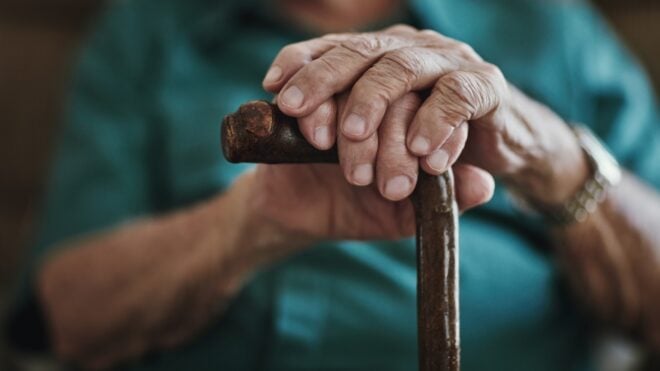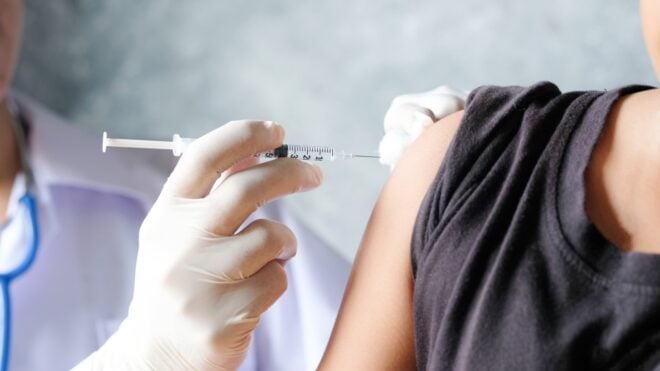Summer means fun in the sun, but the sun also means that you have to protect your skin.
Most people have had the misfortune of staying out too long and unprotected, and brought home a nasty sunburn as a reminder that even though it's 93 million miles away, the sun can do some serious damage.
Your naturally pretty amazing skin has a line of natural defenses, like melanin and freckles that appear on the skin as a form of natural sunblock, but it can only do so much, even if you have dark skin.
When your skin can't handle the UV radiation, that's when you get a sunburn, and if you're not careful, you can also get sun poisoning.
Sun poisoning isn't literal poisoning. It's actually a severe case of sunburn from the sun's UV rays, causing inflammation on the skin.
Human skin can burn after just 15 minutes in the sun, although symptoms might not show up until a few hours later. If you have light skin and hair, you can burn even more easily.
And not only is sun poisoning painful and unpleasant, extended UV exposure can lead to skin cancer — which is why it's very important to be screened annually by your dermatologist!
Read on to see how to keep yourself safe this summer, and what to do if you get burned!
Symptoms Of Sun Poisoning Symptom #1: Red, Blistered, Painful Skin
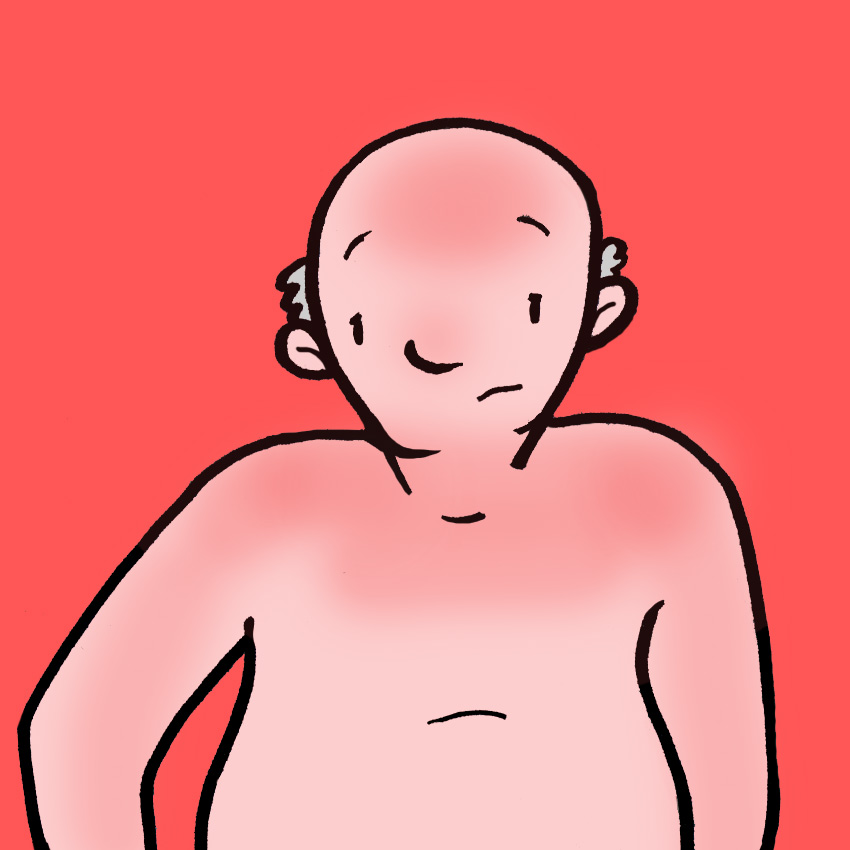
Sun poisoning doesn't come without a nasty sunburn — and red, inflamed, or blistered skin is its first symptom.
Symptom #2: Headache And Dizziness
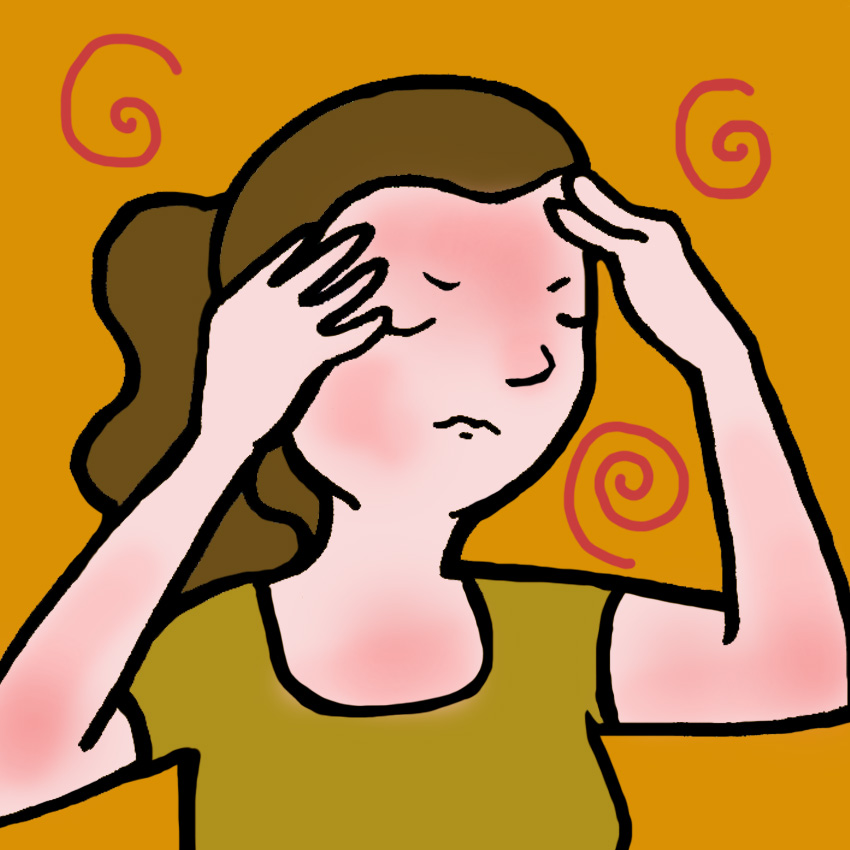
A woozy feeling is a sign that you've been in the sun too long, and is also a sign of being overheated.
Symptom #3: Fever And Chills
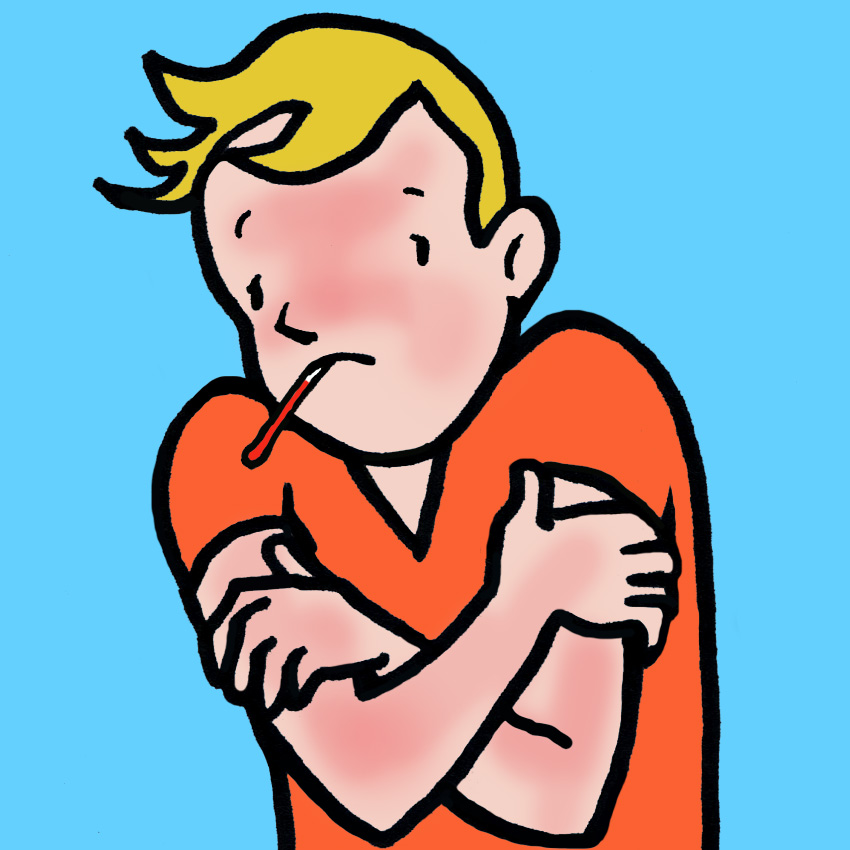
If you feel sick after being in the sun, that's not a good sign.
A regular sunburn is annoying and painful, but if you start feeling like you have a cold, it means your body is reacting to more severe damage.
Symptom #4: Nausea
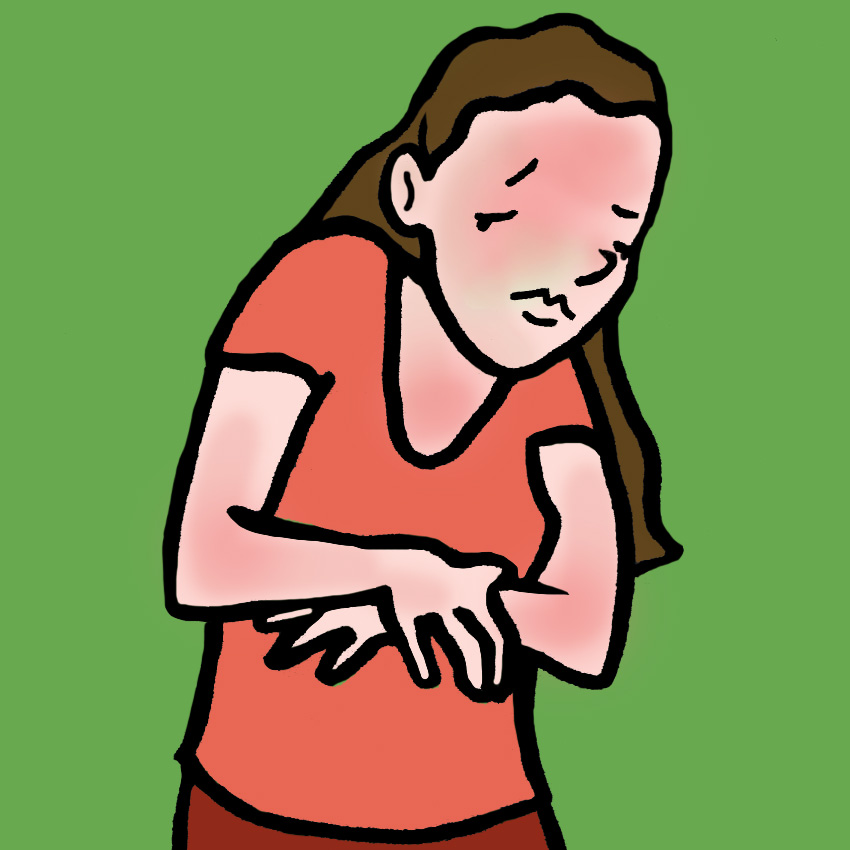
Along with dizziness, sun poisoning can also make you feel sick to your stomach.
Symptom #5: Dehydration
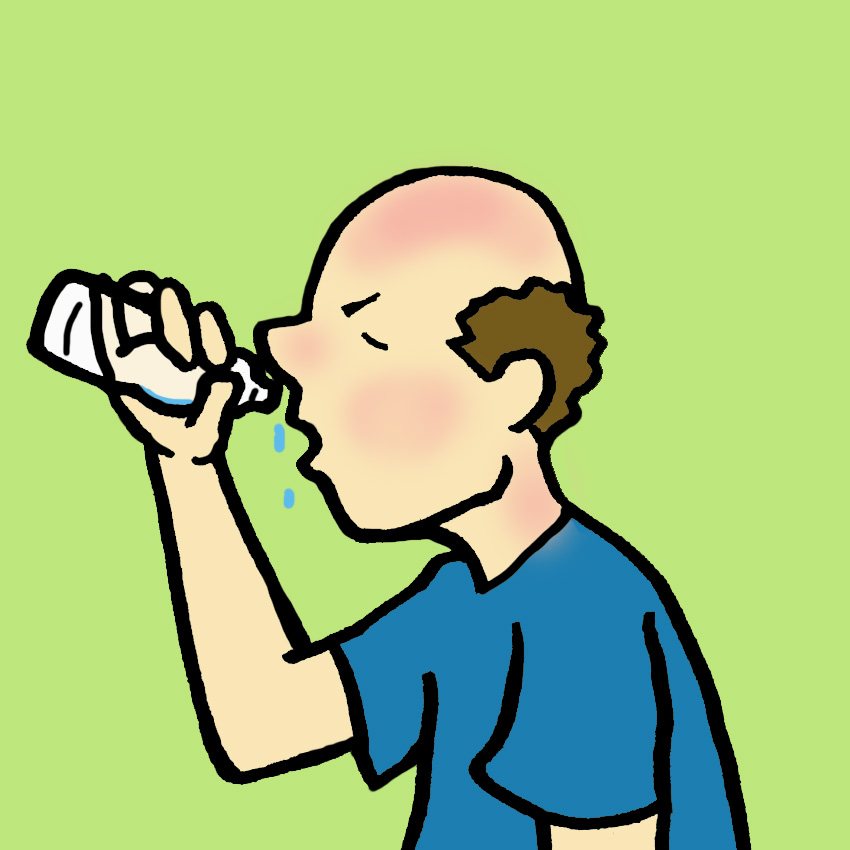
As your body uses up more water to repair damaged skin, you'll be left feeling thirstier than normal. Dehydration can also lead to feelings of dizziness and nausea.
How To Treat Sun Poisoning Treatment #1: Get Out Of The Sun
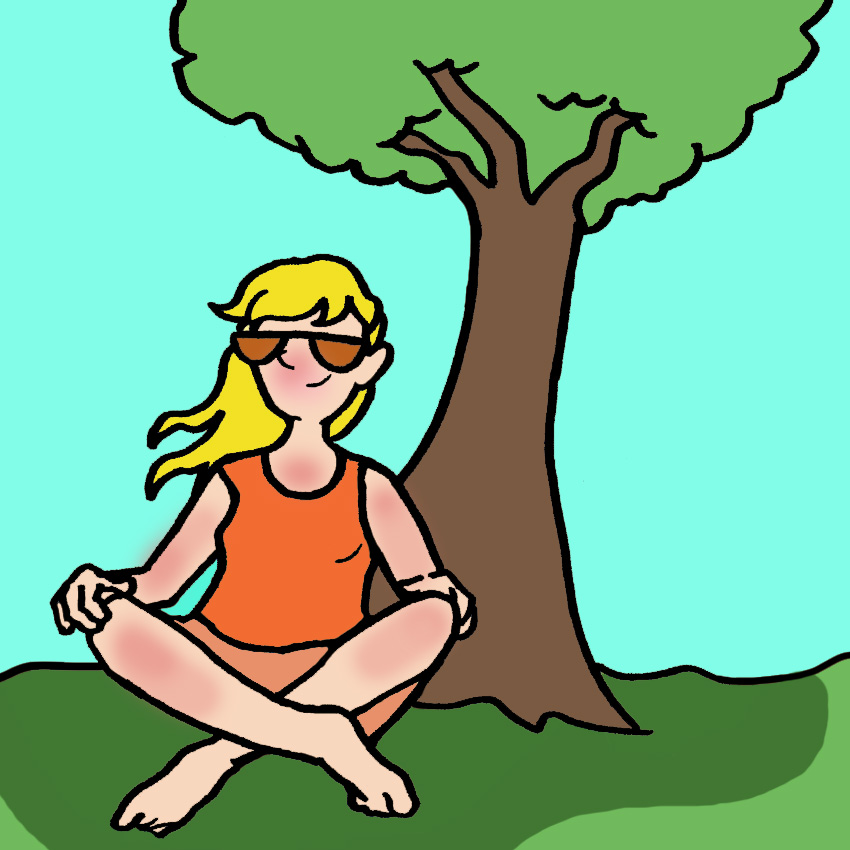
If you feel yourself getting cooked, the first step is to find some shade immediately!
Treatment #2: Cool Your Skin
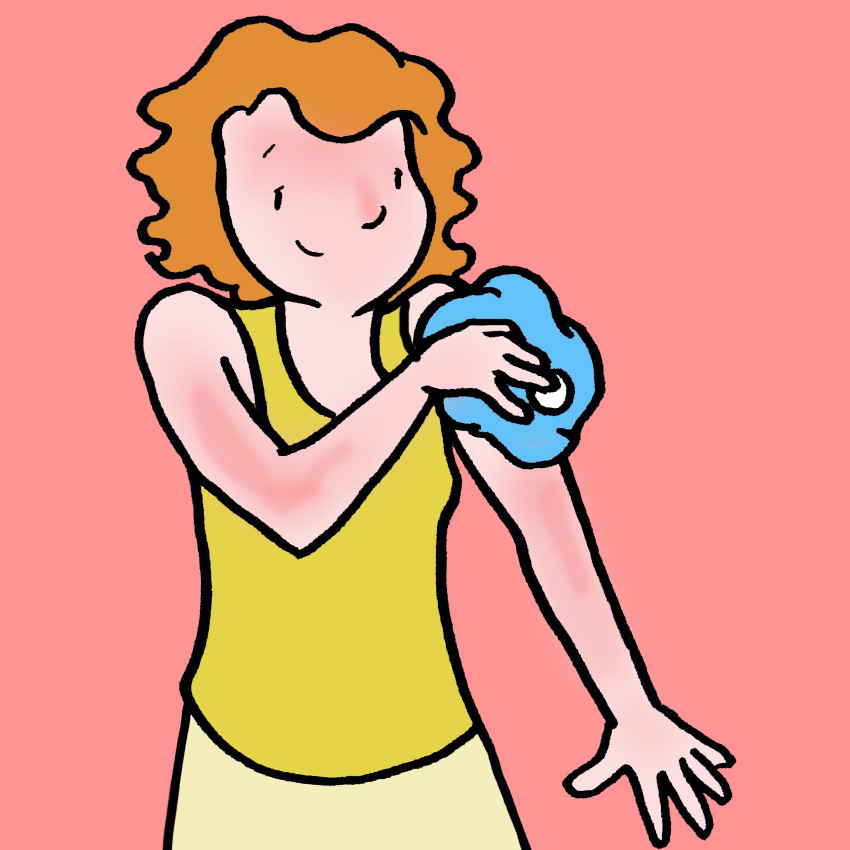
Just like with a burn from a stove, cooling the area both feels soothing and can help prevent more tissue damage.
You can cool your skin by taking a cool (not cold) shower, or applying a cloth soaked in cool water to the affected area.
Treatment #3: Stay Hydrated
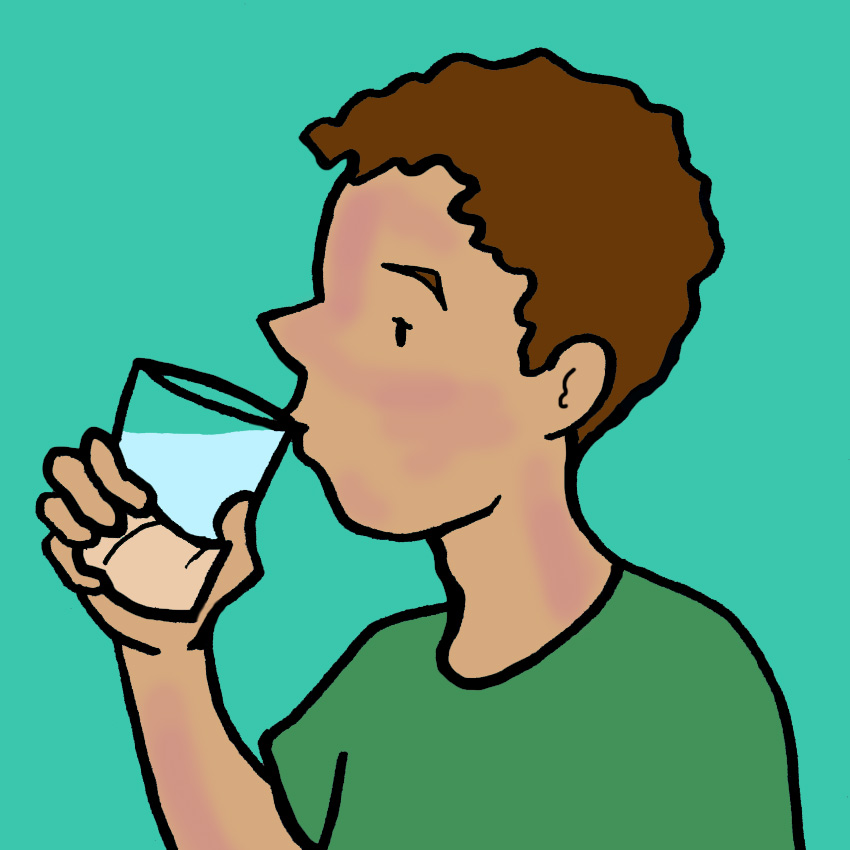
As we mentioned, your body will work overtime to repair damaged tissue, and that means using up its fluids.
Drinking plenty of water for a few days after getting burned will make sure your body has enough to get the job done, and also helps nourish and moisturize your skin from the inside.
Treatment #4: Slather On The Aloe
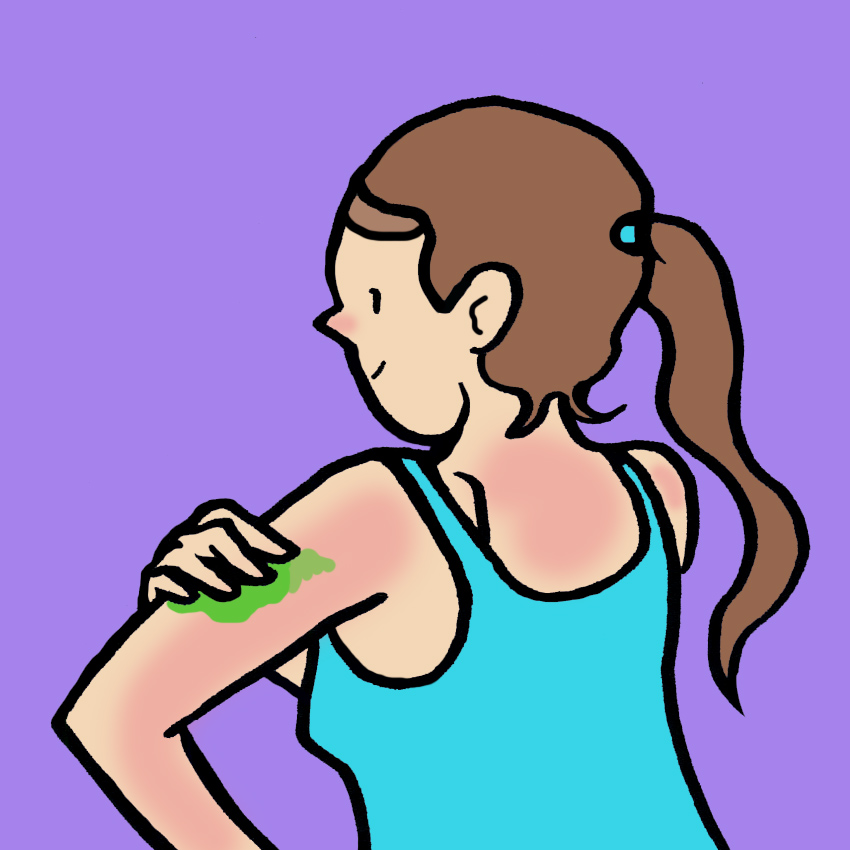
Aloe vera gel is wonderful for sunburn (and wonderful in general) and provides cooling, soothing nutrients to parched skin.
You can buy it as a topical gel, or even as a vitamin supplement.
Treatment #5: Cover The Burned Area

You can't always stay inside, so take precautions when heading back out into the sun.
Keep affected skin covered in loose, lightweight clothing and keep it out of the sun as much as possible, as it will be even more sensitive to the sun's rays than usual.
Treatment #6: Take Pain Relievers
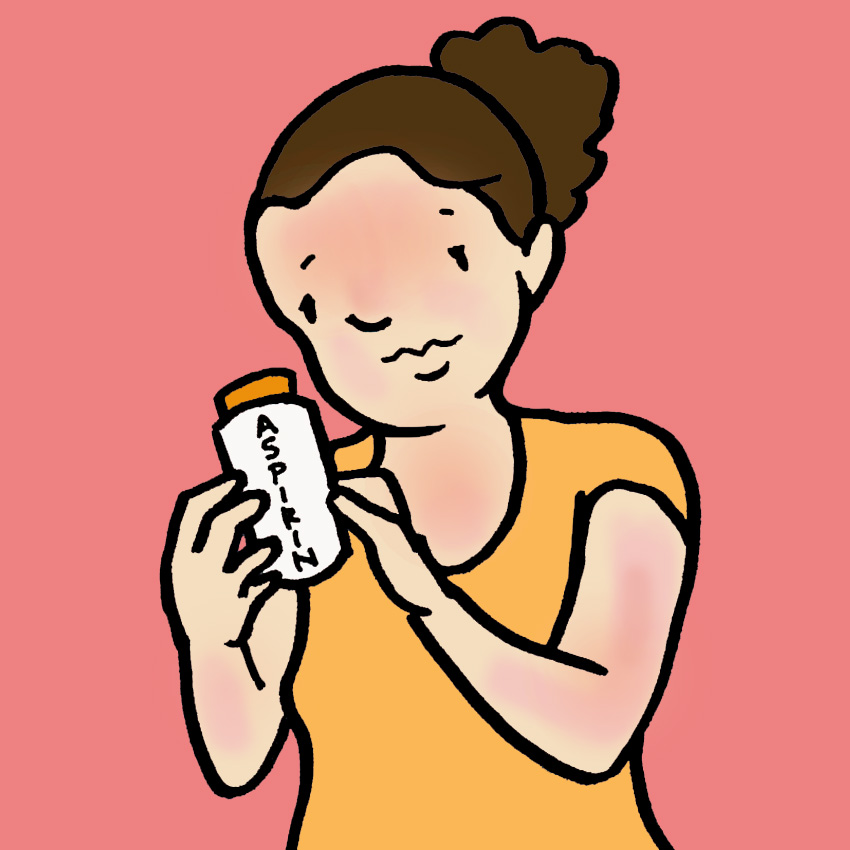
Painkillers like aspirin can help for severe sunburns, especially if they're keeping you from functioning or sleeping comfortably.
How To Prevent Sun Poisoning Prevention #1: Wear Sunblock
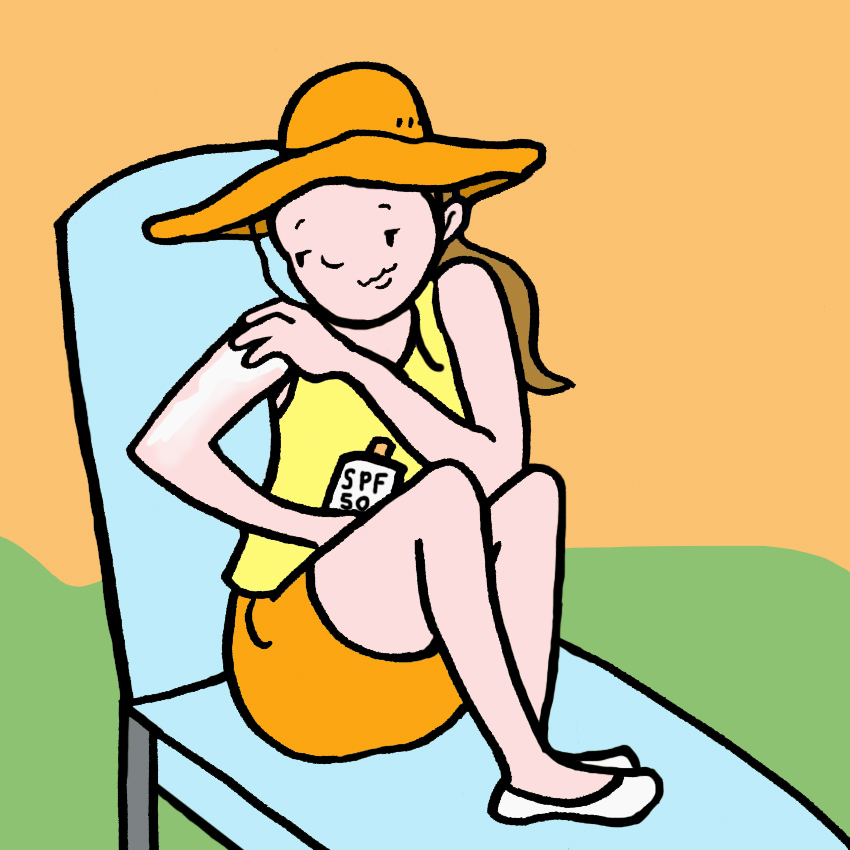
If you know you're going to be in the sun, put on a generous layer of sunblock to prevent burns.
For the best sun protection, you should use a sunblock with an SPF 30 or higher, and the broad-spectrum variety. Broad-spectrum sunblocks will protect skin from both UVA and UVB rays.
Prevention #2: Check Your Meds
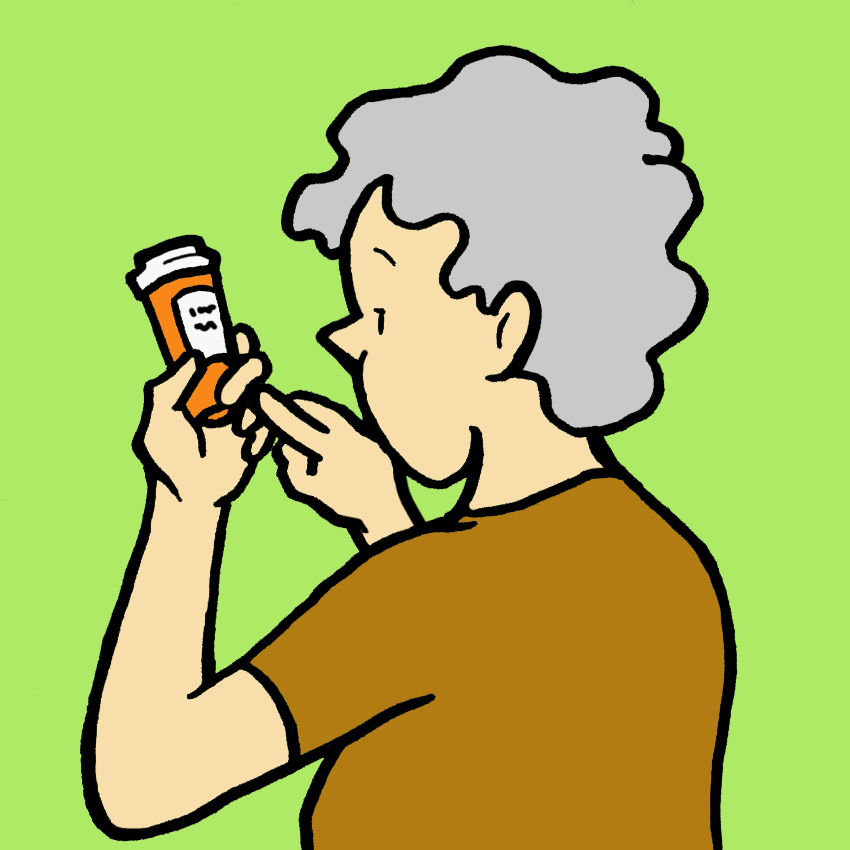
Certain medications, including acne medications, antidepressants, some antibiotics, heart medications, and birth control can make your skin more sensitive to the sun, so read your side effects.
Prevention #3: Limit Your Time In The Sun

There's a reason warm-weather cultures have a siesta in the afternoon. It's because the sun's rays are strongest, especially during the summer, from about 10 a.m. to 2 p.m.
Therefore, limit your outdoor activities during this time. Instead, find a shady spot and treat yourself to a cool beverage.
Now that you know what to look out for and how to prevent it, you can keep your skin safer this summer and avoid painful sunburns.
As always, if you notice any sudden or very severe symptoms, seek medical attention immediately — and be sure to be screened annually by your dermatologist!
SHARE these great summer tips with anyone heading outdoors this summer!


